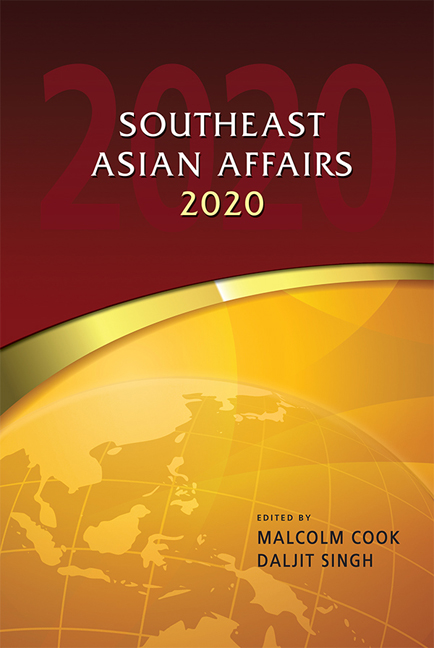The Bicentennial Commemoration: Imagining and Re-imagining Singaporeâs History
Published online by Cambridge University Press: 24 November 2020
Summary
In early 2019 I was dining with a Japanese diplomat in the company of two fellow Singaporeans. When the conversation turned to the Bicentennial Commemorations, the diplomat asked inquisitively, “Why do Singaporeans find it necessary to celebrate two hundred years of colonialism?” After a moment's pause the Singaporeans around the table took random stabs at answering our dinner companion's question. Our replies ranged from the pedantic (“It's not a celebration, it's a commemoration”), the cynical (“It's for the feel-good factor to help with upcoming elections”), to the dismissive (“you know Singaporeans, they love nostalgia”). As we spoke I sensed that we were ourselves struggling to understand the event as much as we sought to explain it to our Japanese friend. Like most Singaporeans, we had felt that the Bicentennial Commemorations simply did not embody the same significance or emotional heft as SG50 in 2015 when we celebrated fifty years of independence. The country's Golden Jubilee was easier to embrace because it was an unabashed and unambiguous celebration of the nation-building project and the undeniable progress we had made as one people. But what were the Bicentennial Commemorations—or SG200—supposed to commemorate? Was it to mark the arrival of English rogue gentleman Stamford Raffles and the East India Company and, by implication, the unplugging of the island from the Malay world and its ascension into the global economy? If so, then it's understandable that the celebration of colonial capitalism and globalization did not exactly tug at the heartstrings of Singaporeans. The unthinking celebration of colonialism would also certainly be out of step with our sensibilities. Or was SG200 a knowing wink at the island's distinction from a region still mired in its internal political and economic squabbles and thus a marker of the nation's discrete sense of self, or what we would describe today as Singapore exceptionalism? The more we mulled over the question, the more uncertain we became. Then, somewhere between the fourth and seventh cup of sake, a particular remark from one of us, I forget who, struck me—“We don't have history, so we imagine it.”
- Type
- Chapter
- Information
- Southeast Asian Affairs 2020 , pp. 323 - 334Publisher: ISEAS–Yusof Ishak InstitutePrint publication year: 2020

